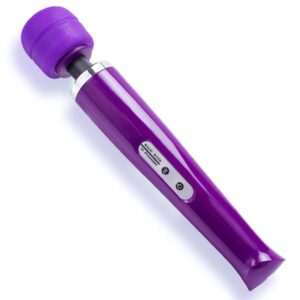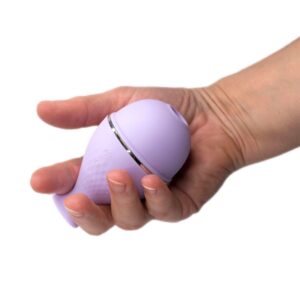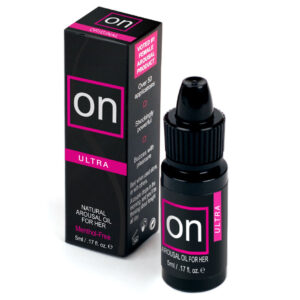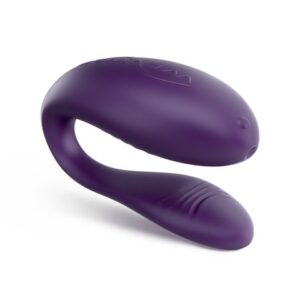“I’m struggling to orgasm since treatment, by myself and with my partner. What can I do?”
Cancer nurse Beth says...
Struggling to orgasm can be common during and after treatment. The reasons for this may be multiple and can vary from person to person.
The body’s physical ability to respond and get ‘turned on’ in the way of an erection or lubrication is often affected after cancer treatments. Sometimes erectile aids can help and you can never have too much lubricant. Women may have less intense orgasms or difficulty reaching orgasm due to menopausal changes, nerve damage due to surgery, diminished blood flow, lack of mindfulness, anxiety, and body image concerns. Chemotherapy and other drugs used to treat cancer very rarely affect the physical mechanisms required to achieve orgasm. Try not to put pressure on yourself to have an orgasm: this may make it hard for you to relax. Give yourself time and focus on having fun with touch.
Those who have had specific treatments to the pelvic area can have problems with being able to cum if the nerves that control the prostate, seminal vesicles, and the opening to the bladder are damaged. It can also stop cum from being made in the prostate and seminal vesicles, or it can cut off the path that semen normally takes out of the body. Despite this, you can still feel the sensation of pleasure that makes an orgasm. The difference is that, at the moment of orgasm, little or no semen comes out. This is referred to as a “dry orgasm.” Some cancer treatments reduce the amount of semen that’s produced. After radiation to the prostate, you may ejaculate less semen. Toward the end of radiation treatments, you may often feel a sharp pain as you ejaculate. The pain is caused by irritation in the urethra (the tube that carries urine and semen through the penis). It should go away over time after treatment ends. In most cases, those who have hormone therapy for prostate cancer also make less semen than before. You can achieve an orgasm on their own with manual stimulation or with a partner through manual or oral stimulation. Just remember that an erection is not needed.
Some tips:
- Use self-stimulation to find out what works for you.
- Try different ways of getting in the mood for intimacy: wear clothes that make you feel sensual, shower or bathe together, or have a weekend away if you can – whatever makes you feel sexy, relaxed and good about each other.
- Using a vibrator on the head of the penis is often helpful. Vibration can stimulate the nerves in the penis and increase signals being sent to the brain.
- Use stroking and massage, or guide your partner’s hands or fingers to areas that arouse and excite you.
- Focus on your breathing. Try to tense and relax your vaginal and pelvic floor muscles in time with your breathing during intercourse or while your clitoris is being stroked.
- Think about a past sexual experience or use erotic books, magazines or films. Set the mood or atmosphere with soft lighting, candles and soothing music.
- Consider using an electric vibrator, which may give you the extra stimulation you need to reach orgasm faster.
- Explore reaching orgasm without penetration. Try oral sex, masturbation with sex toys or all-over touching.
Sex toy expert Renee says...
Arousal and orgasm are very complex; the mind & body need to work together for a climax to happen. Desire plays a crucial part, so reading or listening to erotic stories as part of masturbation or partnered sex can be helpful.
Lube helps with sensations. ON Arousal Oil is a blend of essential oils. Massaging one or two drops into the clitoris helps bring blood to the area. This creates a delicious tingling and really helps with stubborn orgasms.
Many people have their most reliable orgasms with the help of a vibrator. Incorporating vibes into both masturbation and couples’ play will boost the chances of climaxing. Shush Life has an online course called Becoming Orgasmic. This course has been designed for women who want to explore or reawaken their pleasure potential. It consists of 7 bite-size sessions, covering everything from anatomy, libido and desire, and sex toys.
Co-founder Brian says...
Beth and Renee both gave great, in-depth and practical answers to this question – but is it worth saying that studies have shown that wearing socks helps with orgasms? Or, rather, that having cold feet prevents orgasms? There are so many practical solutions in the other two answers, but it might be worth testing out this urban legend (one that makes perfect sense if you think about blood flow and extremities, and refer to some Dutch scientific studies from 2006).




